
Studies into how we use air conditioning technology suggest that our attempts to keep cool are in fact adding to rising temperatures.As the world swelters, so will energy demand rise: the heat extremes generated by climate change are likely to raise the global demand for air conditioning by 72%. So people will generate more heat and release more carbon dioxide just to stay cool as the thermometer soars.
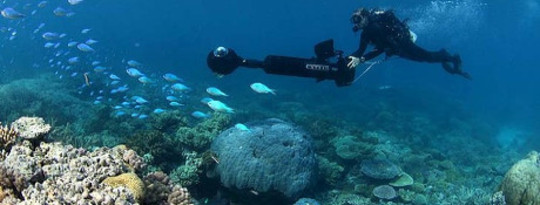
By making 360-degree panoramic underwater vision available to anyone who has a computer, scientists hope to alert many more people to the plight of the world’s coral reefs. Scientists have hit on a way to harness 360-degree panoramas from Google’s underwater street-view format in order to let anyone with access to a computer see reefs in real time.
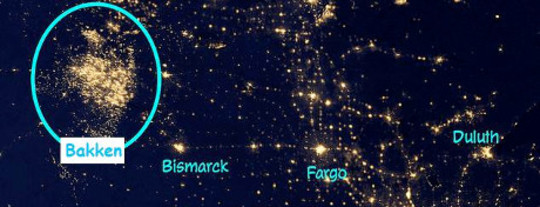
North Dakota, now the second-largest oil-producing state in the US, is neglecting the gas that also comes from its wells, says a report, wasting money and adding to greenhouse gas emissions.

The highly radioactive water leaking from the wrecked Fukushima plant is part of a problem that Japan will take decades to resolve and which will blight many thousands of lives.
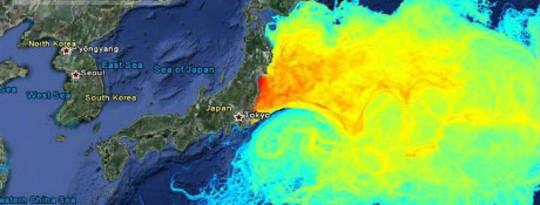
Rachel Maddow reports on the increased emergency level at the damaged Fukushima Daiichi nuclear power plant in Japan where hundreds of tons of radioactive water is leaking into the sea.
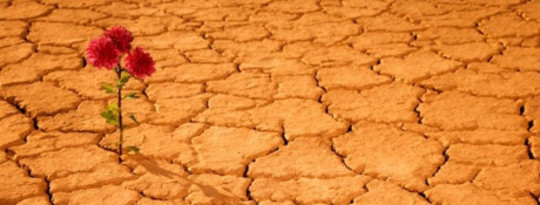
Scary stories of kidnappings and explosions lead our news feeds, but it's the good news that helps break down the myth of our own powerlessness. "If it bleeds, it leads." Ever hear that maxim of journalism? If you want readers, go with the scary, gruesome story—that's what gets hearts pumping and grabs attention. But what grabs our attention can also scare the heck out of us and shut us down.
- By The Atlantic
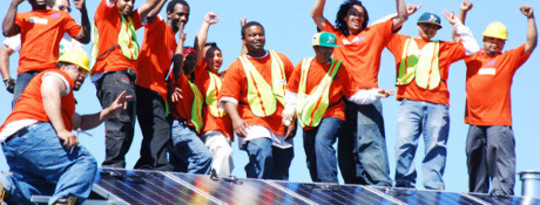
It's taken 60 years, but solar is tantalizingly close to beating fossil fuels on price. The prices of solar cells are falling rapidly, and will keep doing so for the next few years. The big questions revolve around the rate of the price declines. And the panels themselves aren't the only place where cost reductions will be found. America has very high "soft costs" -- installation, permitting, marketing etc. Whittling down these expenses will help, too.
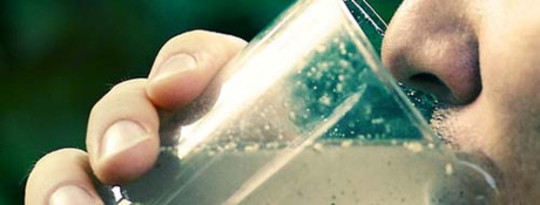
The arguments for and against fracking seem clear-cut. But it’s not that simple, and there is mounting evidence that exploiting shale gas may be neither necessary nor sensible. As the international debate intensifies over the arguments for and against exploiting shale gas, the largest British nature conservation charity has objected to proposals to drill at two sites in Britain.

When I give these climate talks, by the end people are typically agitated and full of questions. “What technology is going to fix this?” “How are we ever get people to agree on a solution?” “I’m just one person, what could I possibly do that would make an impact?”

Peoples who have lived in the same place for countless generations – the Amazon, perhaps, or the Arctic – possess invaluable knowledge about living with climate change, and it is evolving all the time. Climate change often seems to be seen as the preserve of scientists and environmental journalists. But what about the accumulated wisdom of traditional and indigenous peoples?

A recently published study by researchers at the University of Texas at Arlington found elevated levels of arsenic and other heavy metals in groundwater near natural gas fracking sites in Texas' Barnett Shale.
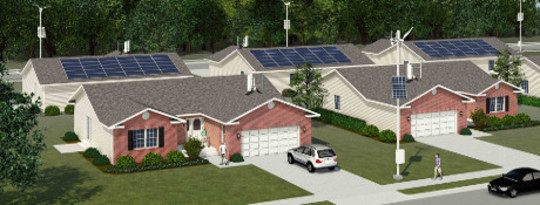
Urban sprawl may not be as bad for the environment as we thought – as long as every home is fitted with solar panels and electric cars become the norm. Modern planners are building compact cities, believing tightly controlled zones are better for the environment. New research suggests the opposite: urban sprawl might be a better option, with solar power fitted to suburban houses and the adoption of electric cars transforming the energy needs of a city.

Turning deserts into forests sounds like a utopian dream, but a group of scientists believe that “carbon farming” really might be the answer to climate change. Large forests planted with a single species of tough small tree could capture enough carbon from the atmosphere to slow down climate change and green the world’s deserts at the same time, researchers say.
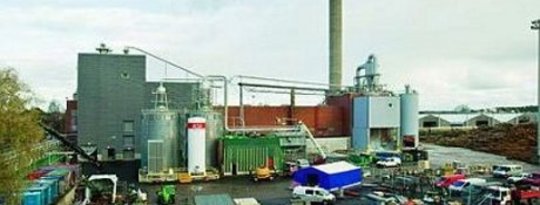
Finnish researchers say they have found how to produce biofuel cheaply, while a US team says it can make hydrogen from water at less cost than conventional methods.

Many of the lessons learned are most applicable to those living in a similar climate to the Whole Systems Farm in Vermont; however, the farm’s thriving ecosystem has been created on marginal land, and Falk stresses that the concepts can be transferred to other locations where only marginal land is available and creative solutions are needed.
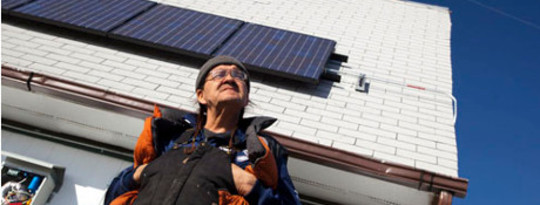
Red Cloud is the founder of Lakota Solar Enterprises, one of the country’s first Native American-owned renewable energy companies.
- By Paul Brown
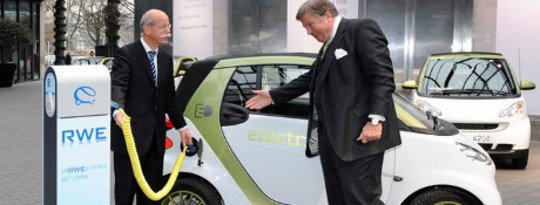
Powerful message to Europe’s politicians that building low-carbon cars and vans is the way to create a million jobs, boost the economy ? and improve air quality
- By Paul Brown
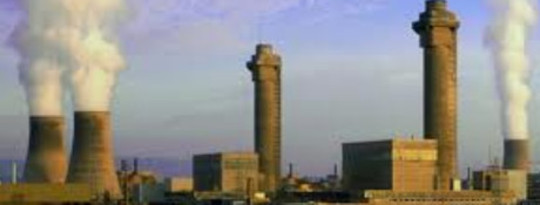
The British government’s promise not to subsidise new nuclear power stations in the UK looks set to torpedo its own stated energy policy which is to build a range of new reactors to keep the lights on.
- By Paul Brown
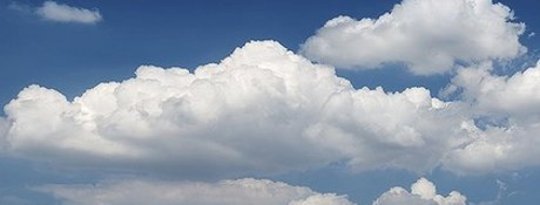
Unexpected, perhaps, but true – clouds are sending more sunlight back out into space because pollution from human activities is making them more reflective.
- By Tim Radford
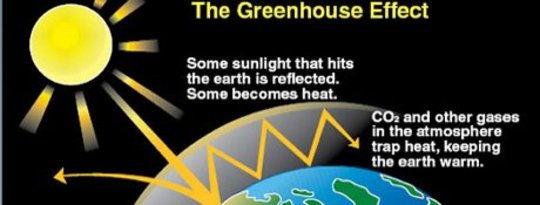
The world has a chance to slow the speed of sea level rise and to buy more time for tackling climate change by reducing emissions of some potent pollutants apart from carbon dioxide.
- By Tim Radford

Warmer temperature prompts trees to release aerosols which in turn stimulate cloud formation. And that can help to cool the temperature, at least modestly.
- By Paul Brown
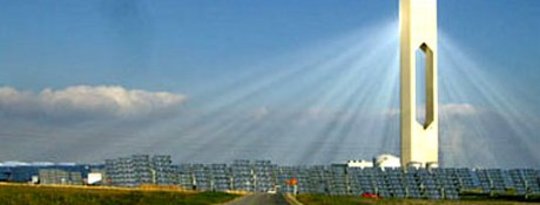
Renewable energy is rapidly becoming a much more serious possibility, as novel technologies come of age and offer the prospect of a new relationship between Africa, the Middle East and Europe.
- By Paul Brown
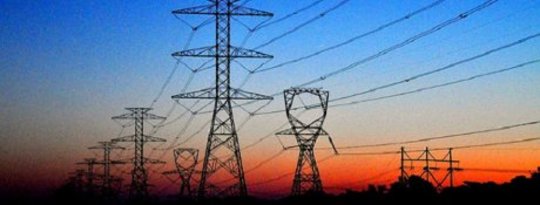
German researchers have found a way to overcome one of the problems with renewable energy – the fact that it is not always available – by linking different options in a unified system.















